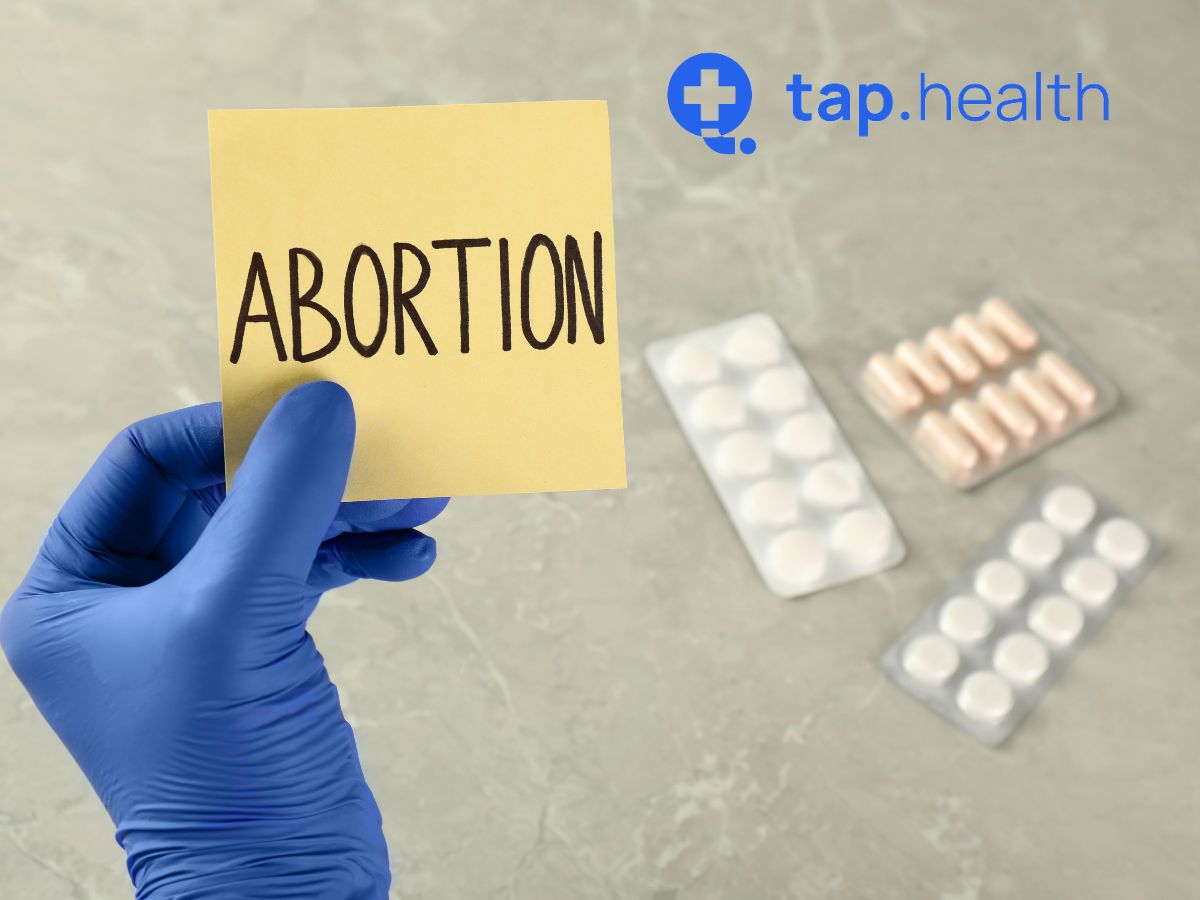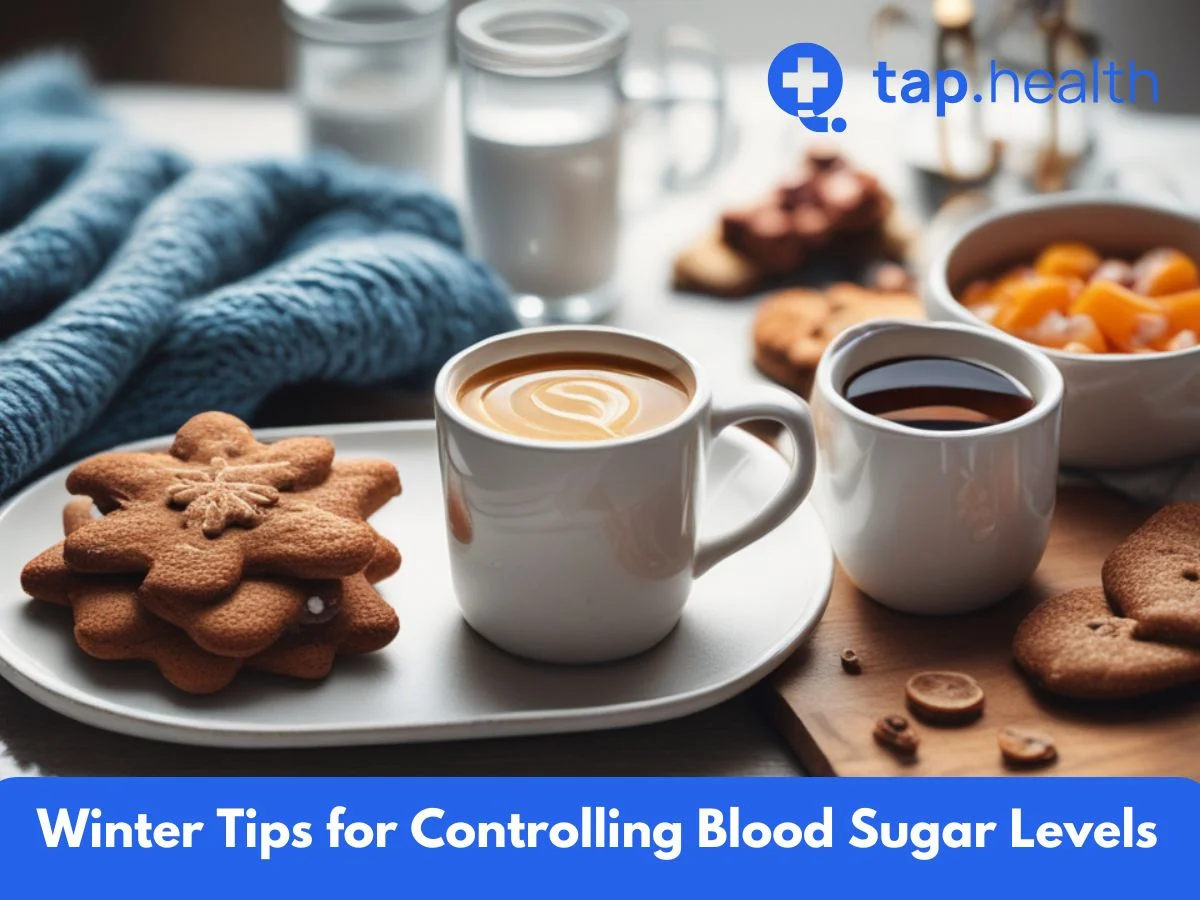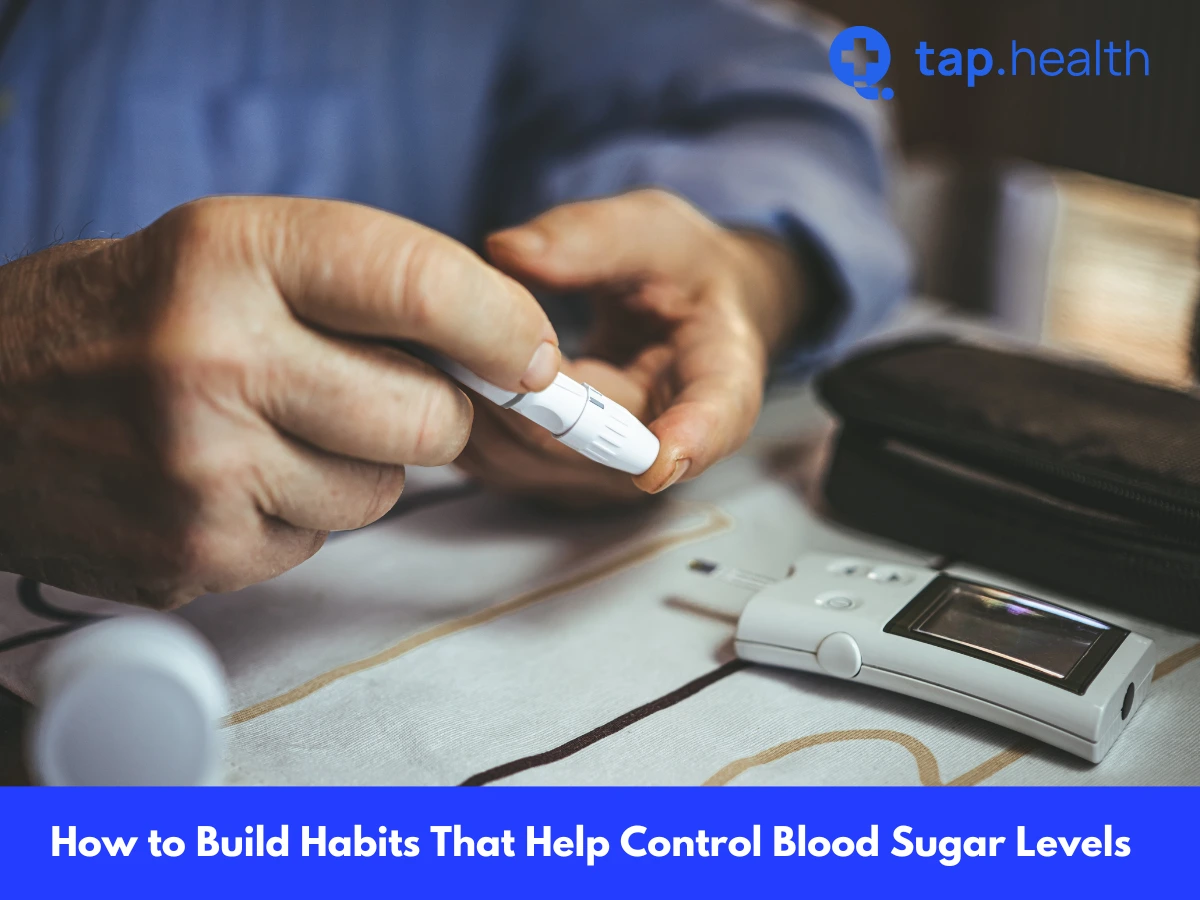Abortion is a medical procedure that terminates a pregnancy. After undergoing an abortion, it is natural for individuals to wonder how long it will take for their pregnancy symptoms to dissipate. In this article, we will discuss the changes the body undergoes after an abortion, the physical symptoms that may occur, and provide insights into the duration of these symptoms.
How Does the Body Change After an Abortion?
Right after abortion, the body undergoes a series of physiological changes as it recovers and returns to a non-pregnant state. One significant effect is the decline in the hormone level, for example, progesterone, which was crucial to maintaining pregnancy. Therefore, the uterine lining breaks down and bleeds like in a normal menstrual cycle.
Besides that, the uterus is getting smaller. The uterus will contract to its pre-pregnancy size after the process through a process called involution. This may lead to a feeling of cramping that is normal after an abortion.
Additionally, this surgery often comes with emotional and psychological repercussions some people face. People can experience a wide range of feelings including relief, regret, guilt, or a feeling of strength. Connecting to family members or mental health professionals for emotional support during this transition.
However, after the abortion, the body experiences a healing process from the inside. The cervix, which may dilate during the process, gradually returns to its normal size. The post-abortion care rules prescribed by healthcare specialists must be followed in order to prevent the appearance of problems with healing and complications.
Understanding Post-Abortion Physical Symptoms
Being fully informed about the possible physical symptoms that might occur after an abortion is important. These symptoms differ from person to person and depend on the overall health of the individual, the gestational age at the time of abortion, and the type of abortion procedure selected.
The most common physical symptoms following an abortion are abdominal pain or cramping, vaginal bleeding and breast tenderness. Abdominal pain and cramps usually are mild to moderate and can be relieved with over-the-counter pain relievers. Vaginal bleeding may continue for several days reducing gradually in intensity.
Some patients may also feel a combination of emotions: mood swings, sadness, or happiness after an abortion. However, it should be recognized that emotional responses can be complex and that they can differ from one person to another. Consulting with healthcare practitioners or counsellors who deal with reproductive health concerns will enable one to deal with such feelings.
Furthermore, it is necessary to pay attention to complication signals after abortion. Although rare, the complications can include profuse blood loss, severe abdominal pain, fever, and fetid discharge. In case of any of these symptoms, you should immediately visit a doctor.
What is more, it is advisable not to put anything into the vagina for 2 weeks after an abortion as it reduces risks of infection. This would include abstaining from sexual intercourse, avoiding tampons, as well as douching. Applying these guidelines will influence a healthy post-recovery process.
How long do pregnancy symptoms last after abortion?
Symptoms of pregnancy after the abortion can terminate at various times from individual by person. While some may enjoy almost complete relief of symptoms after a week, others may have to deal with persisting symptoms that might last longer.
Bleeding from the vagina (like a menstrual period) continues for one to two weeks. In other cases it can continue for up to four weeks. In the beginning flow may be faster than others, however, as time passes it will slow down. If the bleeding is so heavy or is associated with severe pain and fever, the patient should not avoid going to the doctor on time.
Regarding the soreness and hardness of the breasts, the condition is likely to disappear after a few weeks. However, it is also worthwhile to mention that the hormonal changes the body undergoes after abortion also cause the breast to experience engorgement or nipple sensitivity that lasts for some weeks.
Another typical symptom after an abortion is cramping, similar to contractions during labour. It could be mild or severe, lasting a couple of weeks or a few cramps that resolve quickly in most cases. Healthcare providers may give instructions after an abortion to handle cramping properly.
After an abortion, a woman’s mood is another important thing. The hormonal transitions that come with the surgery are heightened by the associated emotional effects, resulting in mood swings, depression, and regret. These emotional symptoms generally vary in duration, and contact your loved ones and mental health professionals to help manage these feelings.
FAQs on How Long After Abortion Do Symptoms Of Pregnancy Go Away?
1: Is it normal to experience abdominal pain after an abortion?
A: Yes, mild to moderate abdominal pain or cramping is considered normal after an abortion. Over-the-counter pain relievers can help alleviate discomfort.
2: How long should vaginal bleeding persist after an abortion?
A: Vaginal bleeding similar to a menstrual period can last for one to two weeks after an abortion. If bleeding becomes excessively heavy or is accompanied by severe pain or fever, medical attention should be sought promptly.
3: Will breast tenderness go away after an abortion?
A: Yes, breast tenderness and sensitivity typically subside within a few weeks after an abortion. However, temporary breast changes may still occur due to hormonal fluctuations.
4: Are emotional symptoms common after an abortion?
A: Yes, it is normal to experience a range of emotional reactions after an abortion. Emotional symptoms may include mood swings, sadness, or even feelings of relief. Seeking support from healthcare professionals or counselors can be beneficial in processing these emotions.
While the above questions cover some of the most common concerns regarding the duration of symptoms after an abortion, it is important to note that every individual’s experience may vary. In addition to the physical symptoms mentioned, it is worth exploring the potential psychological and emotional effects that can arise during this time.
It is not uncommon for individuals to experience a mix of emotions following an abortion. Some may feel a sense of relief, while others may experience feelings of sadness or guilt. These emotional responses can be influenced by a variety of factors, including personal beliefs, circumstances surrounding the abortion, and support systems in place.
It is crucial to prioritize self-care and seek appropriate support during the recovery process. This may involve reaching out to healthcare professionals who specialize in post-abortion care or seeking counseling services. Engaging in open and honest conversations with trusted individuals can also provide a valuable outlet for processing emotions and finding support.
Remember, the recovery process is unique to each individual, and there is no set timeline for when symptoms will completely subside. It is important to listen to your body, monitor your symptoms, and seek medical advice if you have any concerns or questions.





